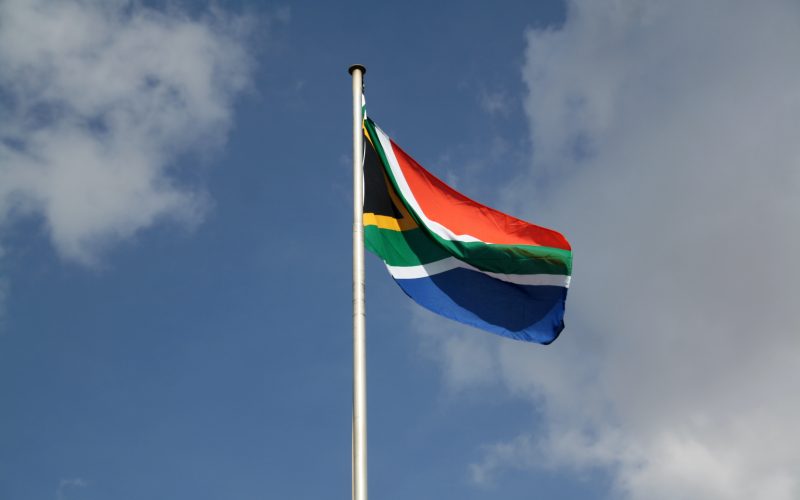In a bold geopolitical move, South Africa’s recent overtures towards Moscow have raised concerns among experts, as the country risks endangering billions of dollars in exports to the United States. As relations between Pretoria and Washington hang in the balance, South Africa finds itself navigating treacherous diplomatic waters with potential repercussions for its economy.
Since the end of the apartheid era, the United States has been a vital trade partner for South Africa, with the total bilateral trade exceeding $17 billion in 2022 alone. American imports, including machinery, vehicles, and agricultural products, have played a pivotal role in fueling South Africa’s economic growth, while exports such as precious metals, agricultural goods, and machinery have found eager buyers in the U.S. market.
However, recent reports have highlighted South Africa’s increasing alignment with Moscow, particularly in the defense and energy sectors. This newfound partnership has alarmed American policymakers, who fear that it could undermine the longstanding trade relationship between the two countries.
The strategic alliance between South Africa and Russia has manifested in various ways. One key development is the proposed procurement of military equipment from Moscow, including advanced weaponry and military technology. While South Africa argues that diversifying its defense partnerships enhances its national security, the move has raised eyebrows in Washington, given the historical defense ties between the U.S. and South Africa.
The concerns extend beyond the defense realm. South Africa’s flirtation with Moscow has extended to the energy sector as well. The country is heavily reliant on coal for its energy needs, and Russia’s vast coal reserves and expertise in mining have presented lucrative opportunities. However, such collaboration, if not managed carefully, could hinder South Africa’s ability to transition to cleaner and more sustainable energy sources, which is a priority for many of its global trading partners, including the United States.
Amidst these geopolitical shifts, the potential consequences for South Africa’s economy loom large. A strain in relations with the United States could result in retaliatory measures, such as tariffs or trade restrictions, directly impacting South Africa’s exports. The country’s mining and agricultural sectors, already grappling with various challenges, could face a substantial blow if the U.S. decides to curtail imports from South Africa or divert its trade to other markets.
South Africa’s leadership faces a delicate balancing act, aiming to diversify its partnerships while preserving its economic ties with the United States. Diplomatic negotiations, open dialogue, and proactive engagement are crucial to mitigate the risks posed by this geopolitical tightrope walk. Furthermore, transparency and communication will be vital to assuage American concerns and highlight South Africa’s commitment to maintaining a mutually beneficial trade relationship.
As the situation unfolds, the international community watches with bated breath, aware that South Africa’s flirtation with Moscow could have far-reaching consequences for the country’s economy and its standing on the global stage. Only time will tell whether South Africa can navigate these turbulent waters while safeguarding its economic interests and diplomatic relationships.












